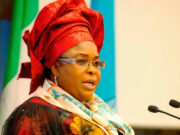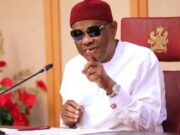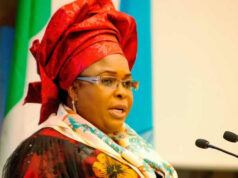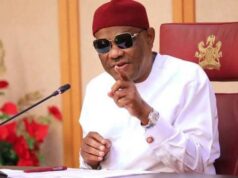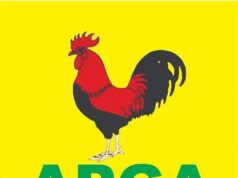The Nigerian Senate has issued a strong warning to Ministries, Departments, and Agencies (MDAs) of the Federal Government, threatening to withhold allocations in the 2025 budget if they fail to provide adequate expenditure records for the 2024 fiscal year.
The warning was made during an investigative hearing led by Senator Sani Musa (APC, Niger East), Chairman of the Senate Committee on Finance, focusing on the remittance of internally generated revenue, fiscal accountability, and financial management in the country.
During the session, senators expressed frustration over inconsistencies in financial reporting, including gaps in revenue collection and expenditure tracking.
Senator Musa emphasized the critical importance of accountability and transparency, stressing: “This performance review for MDAs is vital for the preparation of the 2025 budget. Any agency that does not present accurate records of 2024 spending risks having its allocation for 2025 reduced to zero.”
Several issues were raised during the hearing, including discrepancies in reports from agencies like the Nigerian National Petroleum Corporation (NNPC), the mismanagement of dividends from the Liquefied Natural Gas (LNG) company, and unexplained financial variances such as loans and grants.
The Accountant General of the Federation, Oluwatoyin Madein, presented an overview of the 2024 revenue and expenditure, revealing that only ₦2.9 billion out of the ₦8 billion allocated for capital projects had been released by September 2024, severely delaying project completion.
Lawmakers also criticized the centralized payment system managed by the Accountant General’s Office, which forces over 700 MDAs to process payments through a single office, resulting in significant delays in project execution.
There were also allegations that contractors are being asked to pay unofficial fees of up to 5% of contract values to expedite payment processing, a practice that the committee condemned as undermining financial integrity.
The committee requested detailed reports on several key issues, including:
Revenue from public-private partnerships.
Internally generated revenue across MDAs.
Discrepancies in 1% stamp duty collections.
A detailed breakdown of the surge in foreign service allowances from ₦7 billion in 2024 to ₦35 billion in 2025.
In response, the committee resolved to invite other key agencies, such as the Revenue Mobilization Allocation and Fiscal Commission (RMAFC) and the Nigerian Extractive Industries Transparency Initiative (NEITI), to address the discrepancies in a joint session.
Senator Amos Yohanna (Adamawa North) noted: “Federal revenue is struggling due to poor budget execution. Taxes are low because payments are delayed, and we need a functioning system.”
In defense of the centralized payment system, the Accountant General argued that it helps prevent the rollover of unspent funds.
However, lawmakers demanded explanations for the delays and inefficiencies.
The committee has given the Accountant General a deadline of Wednesday to submit the requested reports before the follow-up meeting.
They also vowed to hold all relevant stakeholders accountable for ensuring transparency and effective management of public funds.
As the fiscal year draws to a close, the Senate is focused on improving financial oversight processes and restoring public trust in the proper execution of the national budget.
“This committee has the constitutional mandate to oversee every agency,” Senator Musa concluded.


